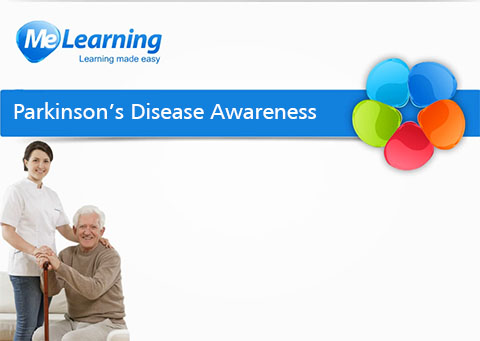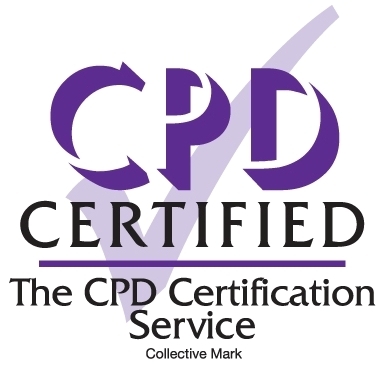

Parkinson’s is a neurodegenerative disease which can result in the need for full-time care. This insightful course explains the causes of the disease, the symptoms and how it is diagnosed and treated.
You will learn about the effects Parkinson’s has on everyday life and relationships, the different stages of the disease, and the issues faced in advanced Parkinson’s. This course details how to deal with worsening symptoms and provides links to resources available to carers.

This course contains the following modules:
| Module name | Type | Duration |
|---|---|---|
| Parkinson’s causes symptoms and treatments | Online | 00:25:00 |
| Living with Parkinson’s | Online | 00:20:00 |
| Advanced Parkinson's disease | Online | 00:20:00 |
This course is for anyone who wishes to gain an understanding of Parkinson’s disease, including:
In this course you will learn about:
Here are some of the topics covered in the modules:
How common Parkinson’s disease is | What causes Parkinson’s disease | Who is at risk | Initial and diagnostic symptoms | Diagnosis | Parkinsonism and Parkinsonian Syndrome | Symptoms – tremor, bradykinesia, sleep disorders, depression, loss of sense of smell, cognitive issues, apathy, orthostatic hypotension, facial masking, dystonia | Advanced symptoms - freezing, confusions, forgetfulness, paranoia, anxiety, personality changes, skin cancer | Side effects of Parkinson’s drugs |Medication treatment | Occupational therapy, physiotherapy, speech and language therapy, dietary advice |Surgery | Communication | Taking control – exercise, diet | The stages of Parkinson’s | Care partners and the wellbeing of the carer | Financial help, help for carers, care and support assessment | Safety in the home, specialist equipment | Driving with Parkinson’s | Parkinson’s and work
To access any of the courses you will need to login. If you do not have an account you will need to self-register for login details.
Please click the link to download the course flyer.
This course has been independently certified as conforming to universally accepted Continuous Professional Development (CPD) guidelines.
